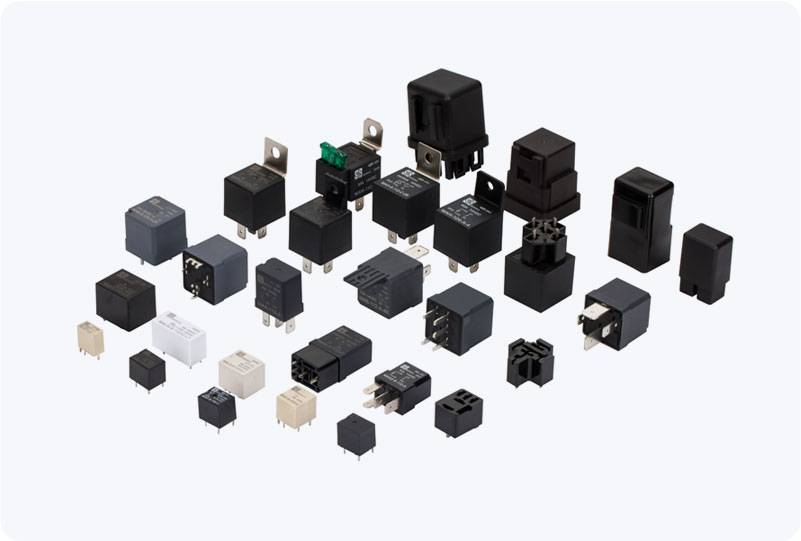The typical automotive relay is designed to be highly durable, as vehicles operate under harsh conditions, including temperature variations, vibrations, and exposure to moisture. Manufacturers often design these relays with special materials and coatings to ensure reliability and long service life.

Some of the key features of automotive relays include: Current handling capacity: Automotive relays are designed to handle higher currents than regular relays, as they need to control power-hungry automotive components. Corrosion resistance: Given that vehicles are exposed to various environmental factors, automotive relays are built to resist corrosion, often with materials like gold-plated contacts. Compact size: Automotive relays are generally compact to fit into the limited space available in a vehicle’s electrical system. Safety and compliance: Automotive relays must comply with industry standards, ensuring they are safe and reliable under the strict regulations of the automotive industry.
Leave a Reply